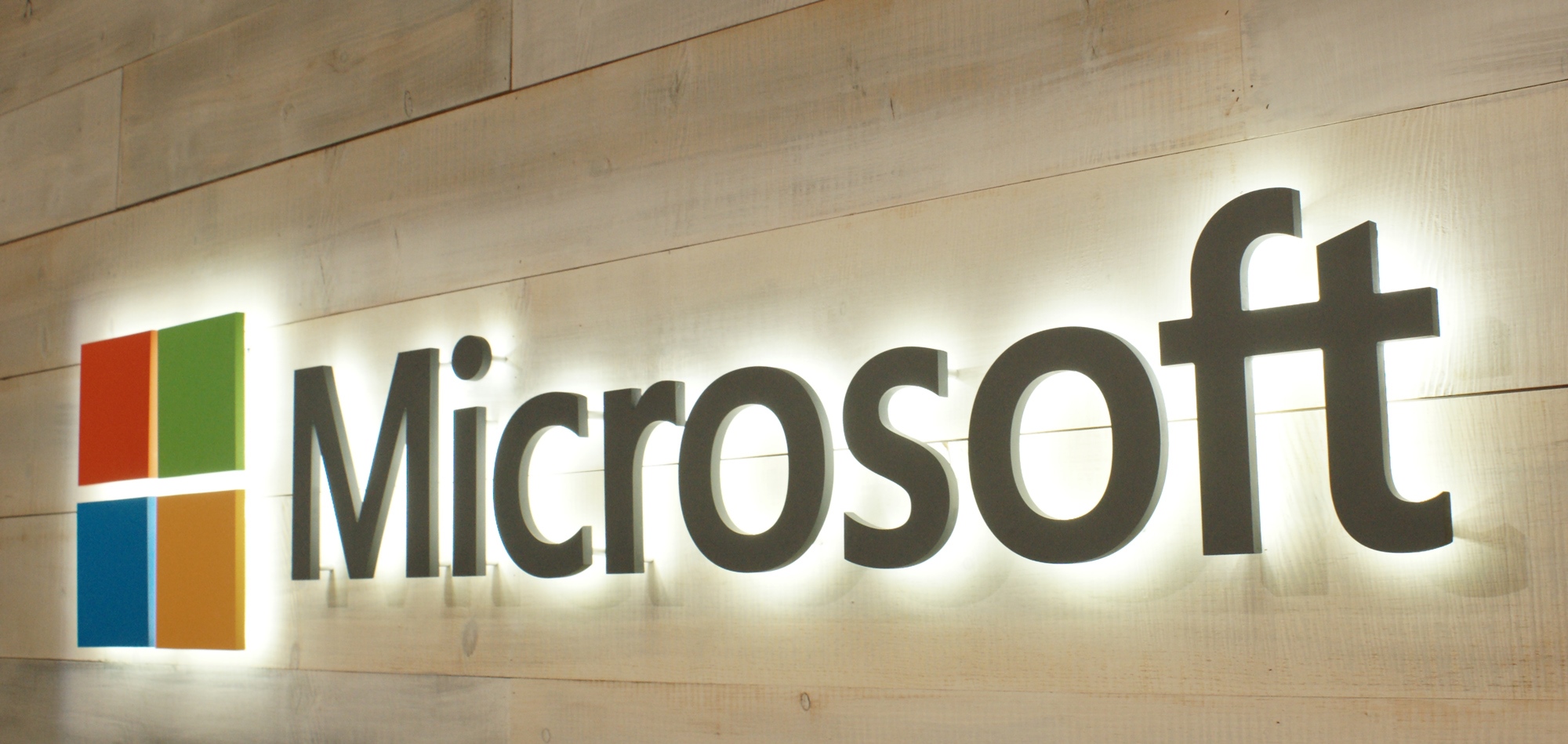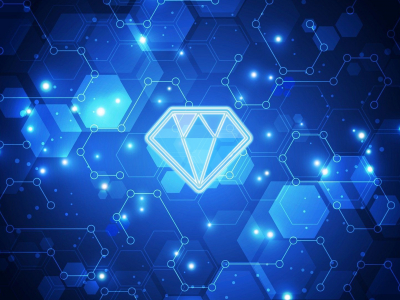In partnership with Blockstack Labs and ConsenSys, the IT-giant hopes to develop a cross-platform solution to identify people, services and products.
“Microsoft is collaborating with partners Blockstack Labs and ConsenSys, and developers across the globe on an open source, self-sovereign, blockchain-based identity system that allows people, products, apps, and services to interoperate across blockchains, cloud providers, and organizations,” reads the company blog.
For the first time, the company announced the plans at ID2020 summit dedicated to the issues of identification in line with the UN’s Sustainable Development Goals. The summit highlighted the problem of large groups of people who, having no registered ID in any country, are more than others exposed to threats like human trafficking, prostitution and child abuse. According to some estimation, the number of these people can be as big as 2 billion around the world.
According to Microsoft, the partners for the new initiative were chosen with regard to their wide expertise in blockchain identification. Microsoft plans to create a unique identity solution via integration of Blockstack Labs’ Blockstack product working on bitcoin blockchain and ConsenSys’s uPort platform, working on Ethereum. Through this collaboration, Microsoft expects “to produce a cross-chain identity solution that can be extended to any future blockchains or new kinds of decentralized, distributed systems.”
A press release published by ConsenSys reveals that the first version of the new platform can be released as soon as the end of summer 2016. The project’s open source framework will be published on Microsoft Azure. The uPort system will serve as a database that will integrate all the information on reputational attributes of people’s digital identity: Facebook URLs, passport IDs, email addresses and so on.
“The massive increase in the usage of smartphones and the internet, combined with blockchain technology, offers a great opportunity to solve identity issues for everyone. Reliable digital identity and reputation will create trust in the digital world, which will fundamentally change the economy,” said Rouven Heck, product manager of uPort.
Microsoft actively integrates the blockchain technology. In March 2016, the IT giant announced its cooperation with ConsenSys, which allowed Microsoft to add Ethereum’s Solidity programming language and to create decentralised applications (dapps) on their “mother” platform. In April 2016, the corporation launched a strategic partnership with blockchain consortium R3.
Anna Lavinskaya

















